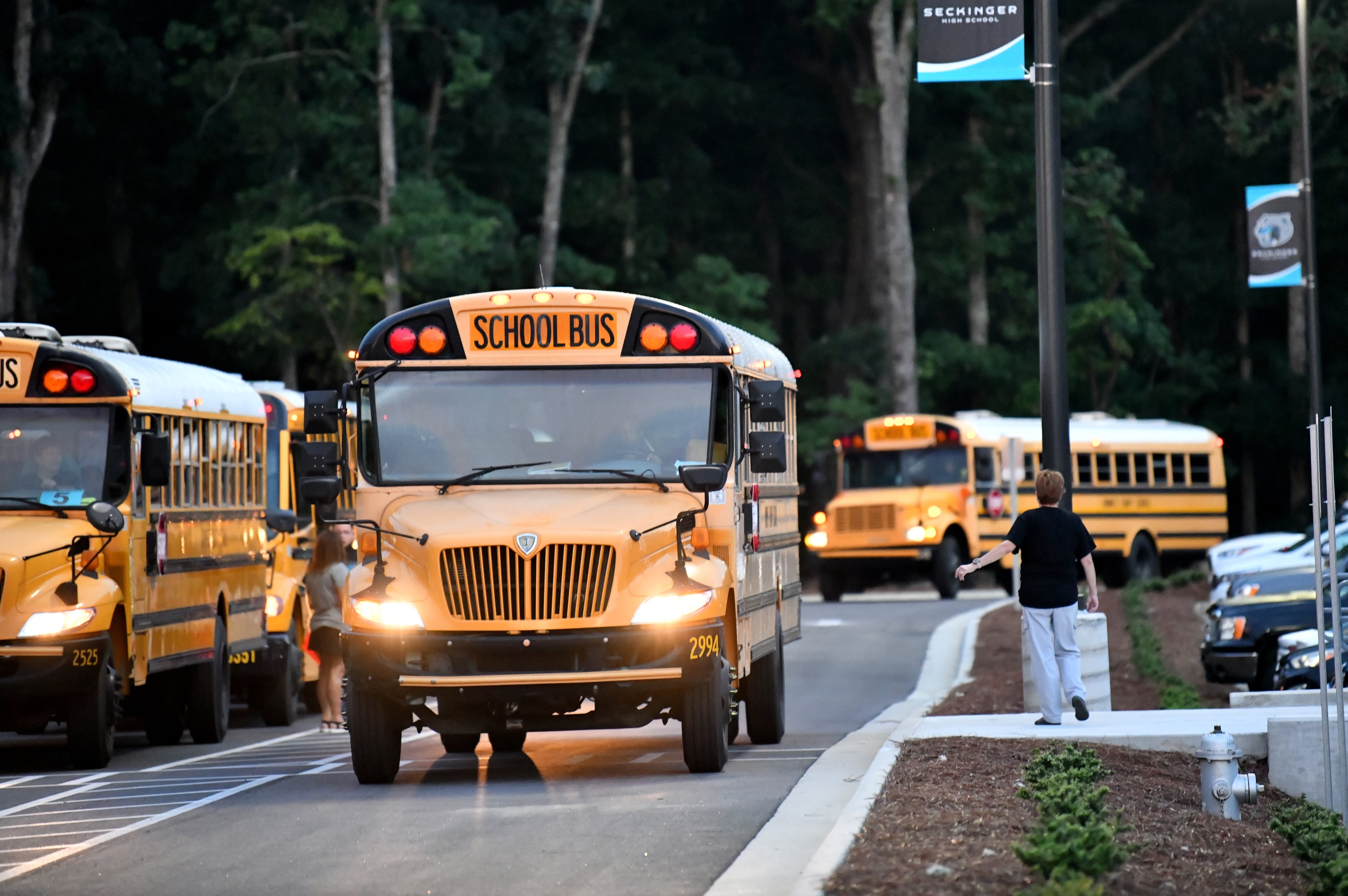Drop out rates rise when schools restrict students from programs, Georgia State study finds
Preventing students from participating in extracurricular activities when they don’t perform well in school makes them more likely to drop out, a team of Georgia State University researchers concluded in a study released Tuesday.
“A lot of times, if students start doing worse in school, schools take away those extracurricular activities with the intention of making students focus on academics, but it actually makes them worse off,” said Laura Wood, a GSU doctoral student who is the study’s lead author.
The study explored public school drop out rates nationwide. It found income, not race or school location, is often the biggest factor in why students drop out.
“It makes a difference whether you’re impoverished or not. Black children are disproportionately impoverished, so their rate is higher, but it’s their (socioeconomic status) level that makes a difference, not their race or ethnicity,” said Stephen Truscott, co-author of the study and professor in the Department of Counseling and Psychological Services.
The study found policies and programs that offer additional support to schools help improve graduation rates in schools with high percentages of low-income students. The author’s suggested a school district conduct a needs assessment before implementing any of its recommendations.



